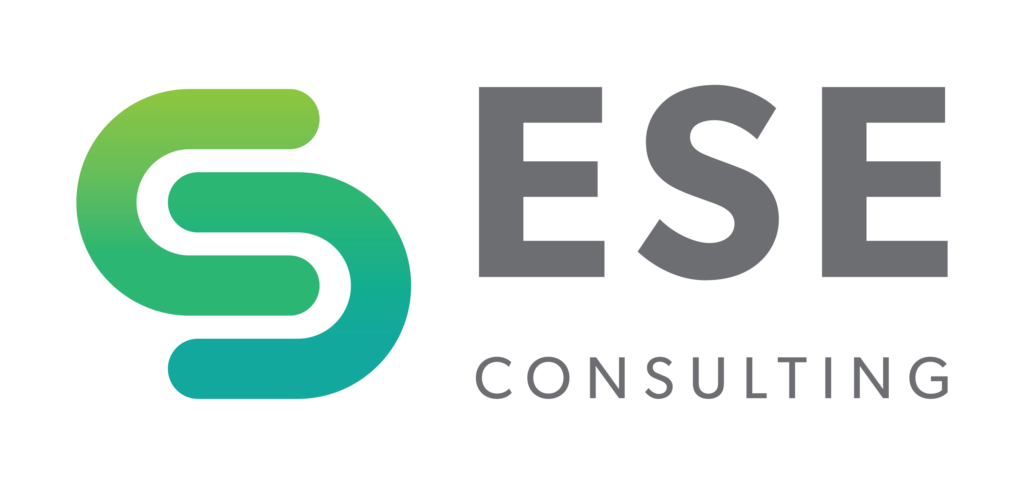You’re the expert when it comes to you … or are you?
“I don’t know how to sell myself!” It’s one of the most common complaints that we hear at ESE.
Most people tend to be successful and confident, but too modest when it comes to talking about themselves. In fact, many of us grew up with the conditioning that it’s obnoxious to call attention to our achievements.
This is a problem at a job interview because, it’s all about you! So, the question is, how well do you know yourself? What are your values? What are your biases? What makes you happy? What keeps you up at night? What inspires you? What kind of work environment do you prefer?
“These are all important thing to know before you even apply for a position,” explains Michelle Johnson, Founding Director of ESE Consulting.
“Having answers to these questions will give you a clear idea of what you are looking for in a new job or career, so it is really important to spend time reflecting on what kind or lifestyle you want and how your career fits into that,” Michelle continues.
But Organisational Psychologist, Adam Grant, points out that the best way to get answers to some of these questions, is not to ask yourself, but rather your co-workers.
In his article, People don’t actually know themselves very well, he suggests that we all have “human blindspots” when it comes to certain traits. However, your co-workers can actually provide much more accurate and honest assessments of your intelligence, creativity and assertiveness.
A job interview is unlike any other form of interaction. The interviewer wants you to communicate what makes you stand out from other candidates. It’s impossible to get a complete picture of anyone from a one-hour conversation, so the interviewer has to rely on a limited set of data.
This data is what you tell them in the interview. Therefore, reflecting on your needs and desires, as well as getting honest and frank feedback from your current co-workers, is worth the effort.
It will help you develop a clear understanding of yourself that you can present at an interview; and could be the difference between getting the job or getting passed over for someone with fewer overall skills, but better presentation.
